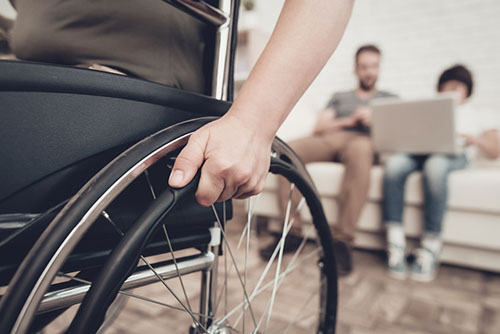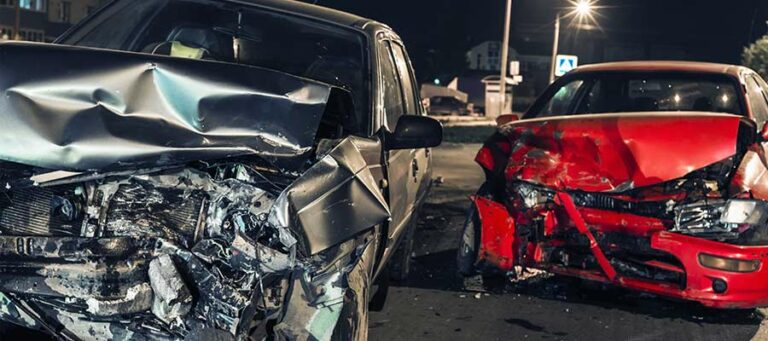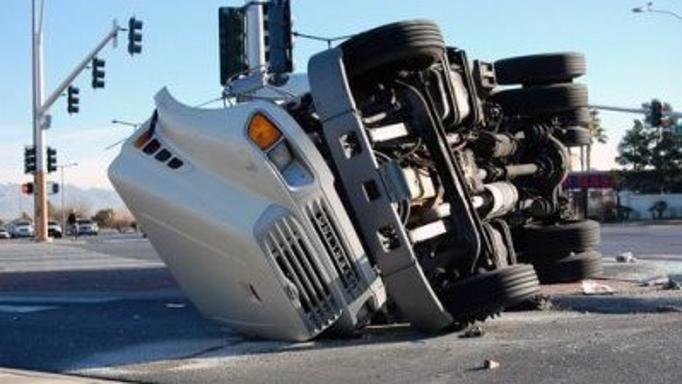Car accidents that involve a state or federal employee in a government-owned vehicle, are instantly more complex than any other accident.
The fact that it’s difficult to sue the government makes things complex, but if you ended up injured in such an accident, you can file for a claim to seek compensation because there are exceptions in government immunity laws.
If you were involved in an accident with an Indiana government-owned vehicle, it’s time to seek legal help from a car accident attorney.
Government-Owned Vehicles
Government-owned vehicles are on the road next to you and you are driving past them every day. Government-owned vehicles include the following:
- Mail trucks
- Emergency response vehicles (police cars, fire engines, ambulances, etc.)
- City or school busses
- Garbage trucks
- Government semi-trucks and tractor-trailers
- Indiana Department of Transportation
- Municipal or city snowplows
An accident that involves these or other vehicles owned by the government is prosecuted differently from other automobile accidents.
The Indiana Tort Claims Act Protects the Government
This Act protects the local and state government from individual lawsuits. This act describes cases when the government may and may not be liable for the actions of its employees. In most cases, the law doesn’t allow you to file a claim against the government. However, there is an exception to this rule and that is when government employees such as garbage truck operators, INDOT vehicle drivers, or police officers in a car chase end up involved in an auto accident. In that case, the victims may file a lawsuit.
There are exceptions to the rule. When government employees—such as INDOT vehicle drivers, garbage truck operators, or police officers in a car chase—are involved in an automobile accident, victims can pursue a lawsuit.
Claims That Can Be Pursued in Indiana
Government employees working within the field of their duties cannot be held liable for their actions. An injured victim in an accident with a government vehicle files a suit against the State of Indiana or a political subdivision where the government employee works.
Here are the most common types of claims against the government that can be pursued in Indiana:
- Medical malpractice claims in government-owned facilities
- Premises liability claims in government buildings
- Automobile accident claims involving government-owned vehicles
However, in these cases, the victim cannot seek punitive damages.
In some cases, the Indiana government is immune from responsibility.
Comparative Fault and Contributory Negligence
Indiana is a comparative fault state. This means that even the victim can be found at fault for the accident. The jury will determine the percentage of fault for both (or multiple) parties.
However, the comparative fault doesn’t apply in cases against government entities. In this case, the Indiana government or political subdivisions are entirely protected by contributory negligence. In case of contributory negligence, if a victim is partially at fault (even as little as 10%), they won’t be able to collect damages.
How to File a Claim Against the Government
If you were involved in an auto accident with a government-owned vehicle, you should file a claim against the Indiana government. First of all, you should file a notice of tort claim. Next, you’ll have to wait for 90 days or for the government to deny the claim, and then file a lawsuit.
The best way to start this is to speak to a skilled and experienced Indiana car accident attorney.
If you are in a situation where you know for sure you weren’t at fault in the accident, and you have injuries and damages, seek help from an attorney as soon as possible.
Don’t let time slip by. These cases are complex on their own, but you have to find a way to collect the claim for your accident. If you have to go through long and expensive medical treatments, of course, you’ll need extra money to cover those expenses.
Ideally, your attorney will review your case and will tell you what you can expect. They will know if you could file a claim at all and if you could stand any chance.
Trying to save money and do this on your own can result in not getting any claim at all. Even though you believe you can educate yourself on the topic, you could easily get lost in the legal terms, deadlines, and the whole legal labyrinth.
Our team at Rowe and Hamilton has experience with such cases and we would gladly help you out. We’ll review your case completely free of charge.






